Veganism: turbo-trend
“Mega-trends,” as the Zukunftsinstitut of Vienna puts it, “don’t need to be predicted, because they’re already here. They represent changes that have been impacting us for a long time, and will continue to do so for years to come.” When asked for examples, the renowned research institute points to relatively abstract terms like individualization, connectivity, and neo-environmentalism. But Hanni Rützler, who compiles the annual Food Report, breaks these vague social phenomena down into accessible culinary terms that no forward-thinking restaurateur should ignore. In last year’s report, she pointed to plant-based food as a mega-trend that’s undoubtedly here to stay. The term itself makes one thing clear: “Go Vegan!” isn’t a battle cry anymore. But not because veganism is dead.
Sieh dir diesen Beitrag auf Instagram an
Just the opposite, actually: The pioneer vegans once decried as hippie nutjobs have been so wildly successful in advancing their cause that they developed a reputation as trendsetters; now, to everyone’s surprise, veganism has suddenly become mainstream. Rützler’s theory in 2020 was that calling food “plant-based” avoided the term “vegan,” which many consumers perceived as a “polemical word implying renunciation.” That may have been true as recently as last year, but nowadays, the word “vegan” seems to have lost a lot of its former scare power. In fact, vegan menu options—or even vegan restaurants—seem to radiate a “radical-chic” aura.
Long story short: veganism isn’t just a mega-trend. It’s a turbo-trend. What does that mean in concrete numbers? How can it be that the number of people who identify as vegan has increased by 1600% in the past eight years? And why are more and more food-service professionals embracing this once-controversial term? 60% of all vegans are between the ages of 20 and 39. Which means veganism has a promising future in the gastronomy world as well.
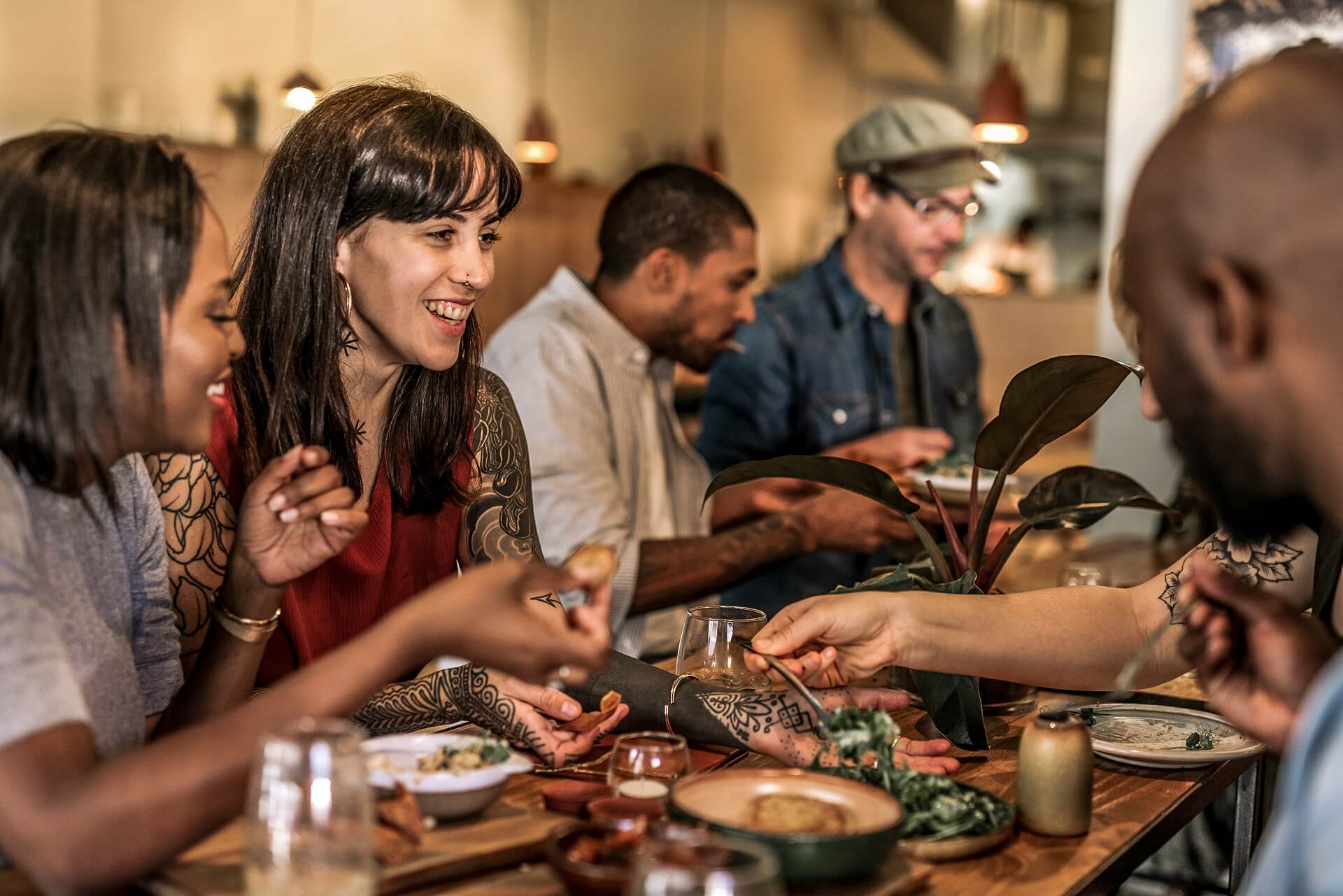
Image: AdobeStock | mavoimages
Substitution was then, this is now
First thing’s first: according to Duden, veganism means “completely avoiding consumption of animal products.” Pretty straightforward as definitions go, but the uninitiated may be in for a few surprises all the same. Foods like honey (which comes from bees) and most conventionally produced wines (which are clarified using animal protein) may seem harmless at first glance, but they involve animal products, so they’re not vegan. Calling vegan nutrition an academic endeavor might be a bit of an exaggeration, but there’s a kernel of truth to it all the same: according to a Skopos study, 70 percent of vegans have a post-secondary degree. There are around 1.3 million vegans in Germany today, which represents an increase of 15% annually since 2010. Interestingly, more than 60% of vegans indicated that they were doing it for animal rights reasons.
Sieh dir diesen Beitrag auf Instagram an
So veganism’s ethical roots are also the dominant reason for its current success—which women are apparently driving: eighty-one percent of vegans in Germany are female. More than half of all vegans are between the ages of 20 and 39, which can only lead market analysts to one conclusion: veganism is one of the most future-proof trends the food industry can possibly imagine. This is particularly evident in the meat-substitute market: a study done by the consultants at A. T. Kearney indicated that meat substitutes will comprise 28% of the meat market by 2030, and up to 60% by 2040.
Backed by investors like Leonardo DiCaprio and Bill Gates, Beyond Meat‘s much-hyped meatless burgers enjoyed one of America’s most successful IPOs in years in May of 2019—but they’re just the tip of the plant-based iceberg. Nestlé (which is, after all, the largest food manufacturer in the world) is hoping to cash in big time on the meatless market with the help of its Incredible Burger. Hubert Stücke, CEO of Nestlé Germany, told the Frankfurter Allgemeine Zeitung that he’d “rarely seen a single product with this kind of dynamic” in all his years in the food industry.
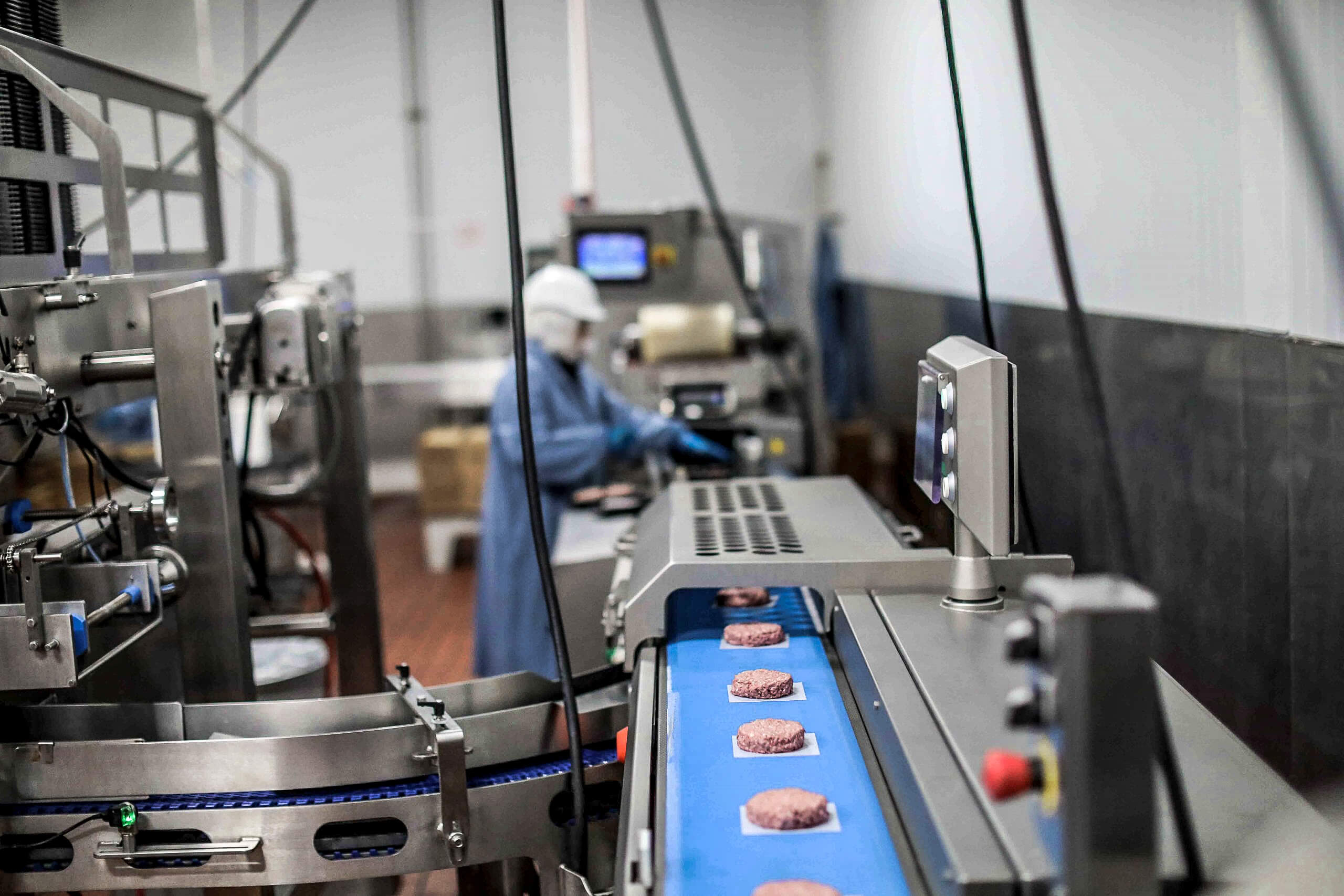
Production of Beyond Burger Patties | Image: BeyondMeat
But let’s not misrepresent the situation— the race to the top of the fake-meat heap is just one facet of… let’s go ahead and call it the vegan revolution. Another result of veganism having entered the mainstream: for all the (supposed?) strictness of the vegan diet, vegan food now uses an incredibly diverse range of ingredients and approaches.
Vegan pioneers and converts
Listing them all here would obviously take up the entire magazine. But not even veganism gets a free pass when it comes to the big nutritional questions of our day, which is why there are as many approaches to veganism as there are vegans: Is regionalism important? Are luxury products taboo? Is veganism about (re-)discovering plants’ natural flavor, or is it more about imitating the taste of non-vegan products as closely as possible? Et cetera. But the big difference today is that the fine dining world has begun addressing those questions (or at least inching its way toward them) with narrowly positioned concepts of its own.
Sieh dir diesen Beitrag auf Instagram an
Sieh dir diesen Beitrag auf Instagram an
What happened? “When we opened a pop-up restaurant, most of our clientèle was between 18 and 35, and I saw that around 50% of them ate vegan, 30% ate vegetarian, and 20% ate burgers. That made me realize what the coming generation wants—and that there’s no getting around it.” That may smack of economic necessity, but Raue, ever a man of his time, outed himself in the same breath as a part-time vegan: “At some point, I got talked into going on a vegan diet, because I was having some physical issues. Eating vegan actually did help. Nowadays, I do that two or three days a week, and I’m feeling better! I’ve lost weight, I’m in better shape, and my head just seems clearer.”

Image: Beyond Meat
Plant-based, Michelin-style
Though your guess is as good as ours on how it happened, Germany is now the world’s largest market for vegan products, followed by the UK and then the US. No wonder, then, that this country is now home to the world’s first Michelin-starred vegan eatery: Seven Swans in Frankfurt has been purely plant-based since December 2019. “Though we actually started doing it that June,” adds head chef Ricky Saward. “It was interesting that, when people ate here during those first few months, maybe only one out of three even noticed that the food was vegan.” The fact that it started out as a vegetarian restaurant made Seven Swans the perfect testing grounds for vegan dining, especially since vegan clientèle were arriving in ever-greater numbers: “Oftentimes people didn’t mention being vegan until they sat down at the table.
Sieh dir diesen Beitrag auf Instagram an
For us, as a small team that cooks everything fresh, that wasn’t always easy to accommodate. Eventually, I just thought, you know, it wouldn’t be such a big step for us to go vegan.” Deciding veganism was the safest option led to unexpected success: this year’s Michelin Guide honored Saward’s creative yet purist vegetable creations with a star; the plant impresario himself currently occupies number 41 on the list of Germany’s 100 BEST CHEFS. “Each course,” Saward explains, “has one vegetable in the starring role. We like to keep that vegetable as close to its original state as possible, so that you know what you’re eating. But we also want to prepare it with star-worthy creativity.” Seven Swans runs its own permaculture in Bad Homburg, 12 miles outside of Frankfurt, so the kitchen team always has a fresh supply of homegrown delights—including supposedly exotic ingredients like chili and Szechuan pepper, which seem to flourish in the idyllic German village. Everything else, they procure (or pick) locally.
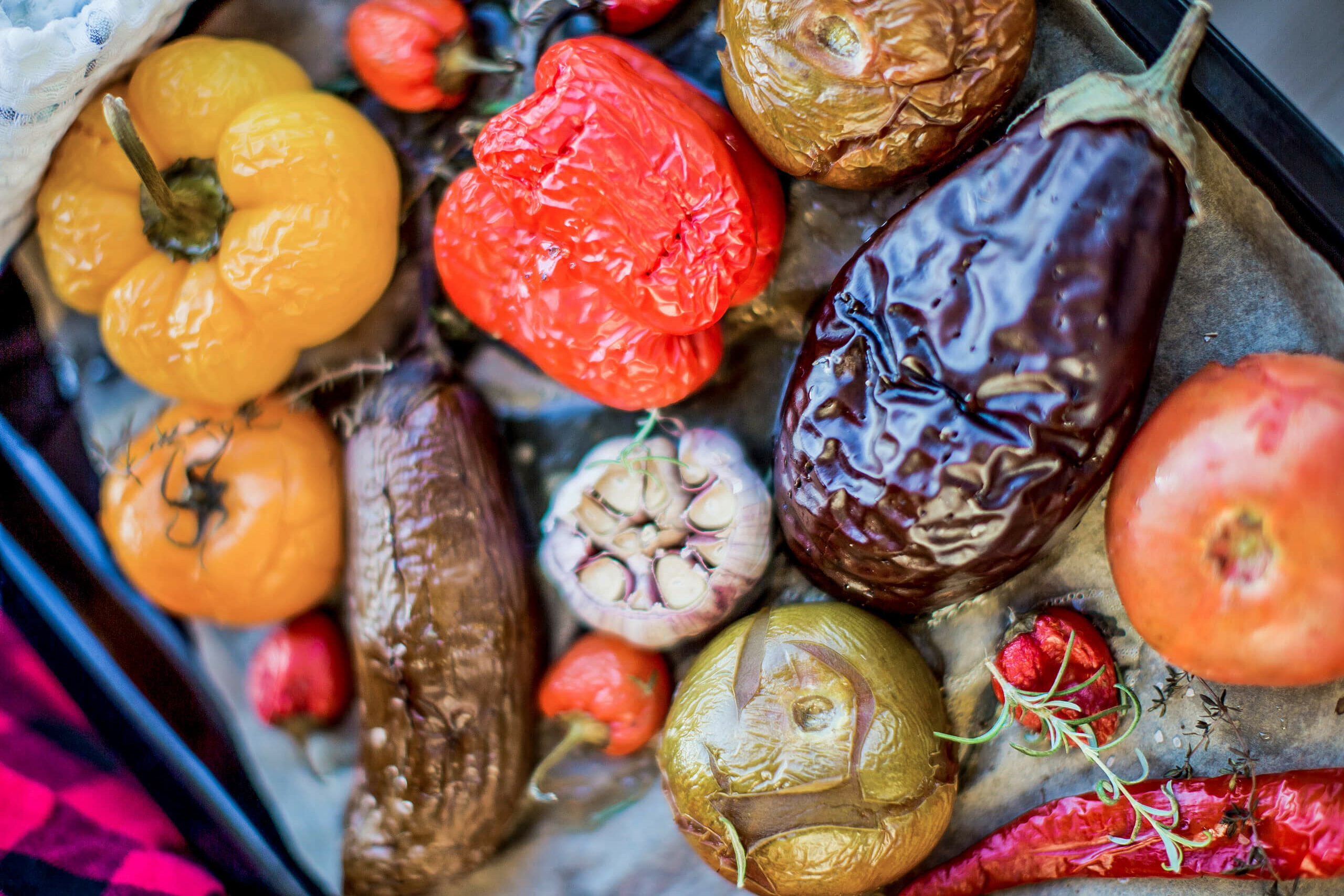
Image: AdobeStock | aprilante
“We know where our pine trees are, our spruces, our cherry trees, and our juniper bushes.” In his three years as the head chef of Seven Swans, Saward has discovered an endless variety of trees, herbs, and roots, and the restaurant’s new vegan line has led him to develop an incredible range of sophisticated (new?) techniques. Seven Swans dehydrates beets in the cellar for months on end, ferments stone fruit for 90 days at 140 degrees—which yields great results if you’re willing to foot that power bill—and transforms spelt into miso.
“What do most chefs do with meat and fish? Stick it in a water bath for a while, sear it, and then take all the credit for the fact that it’s a good product. I’d like to see what would happen if I stuck a freshly harvested carrot in their hands and said, ‘Go ahead!'” Saward exclaims. One thing’s for sure: Saward’s not the only great chef who’s learning new things thanks to this new vegan normal.


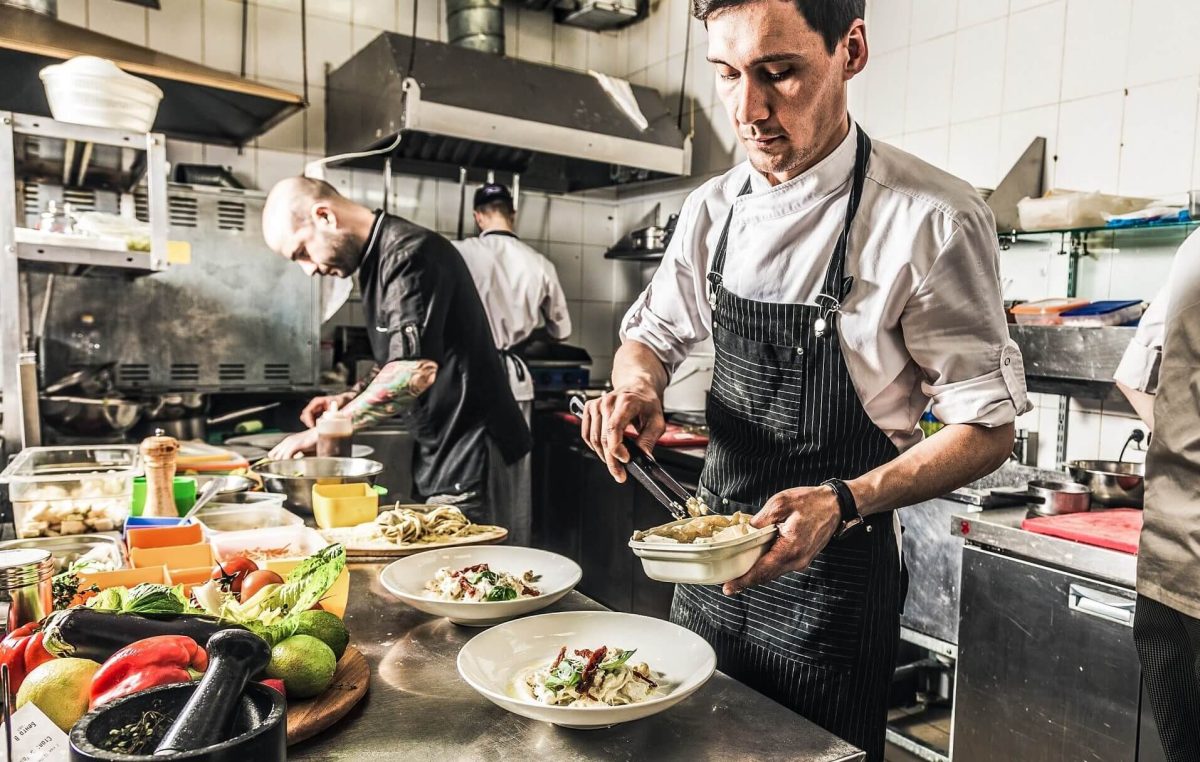

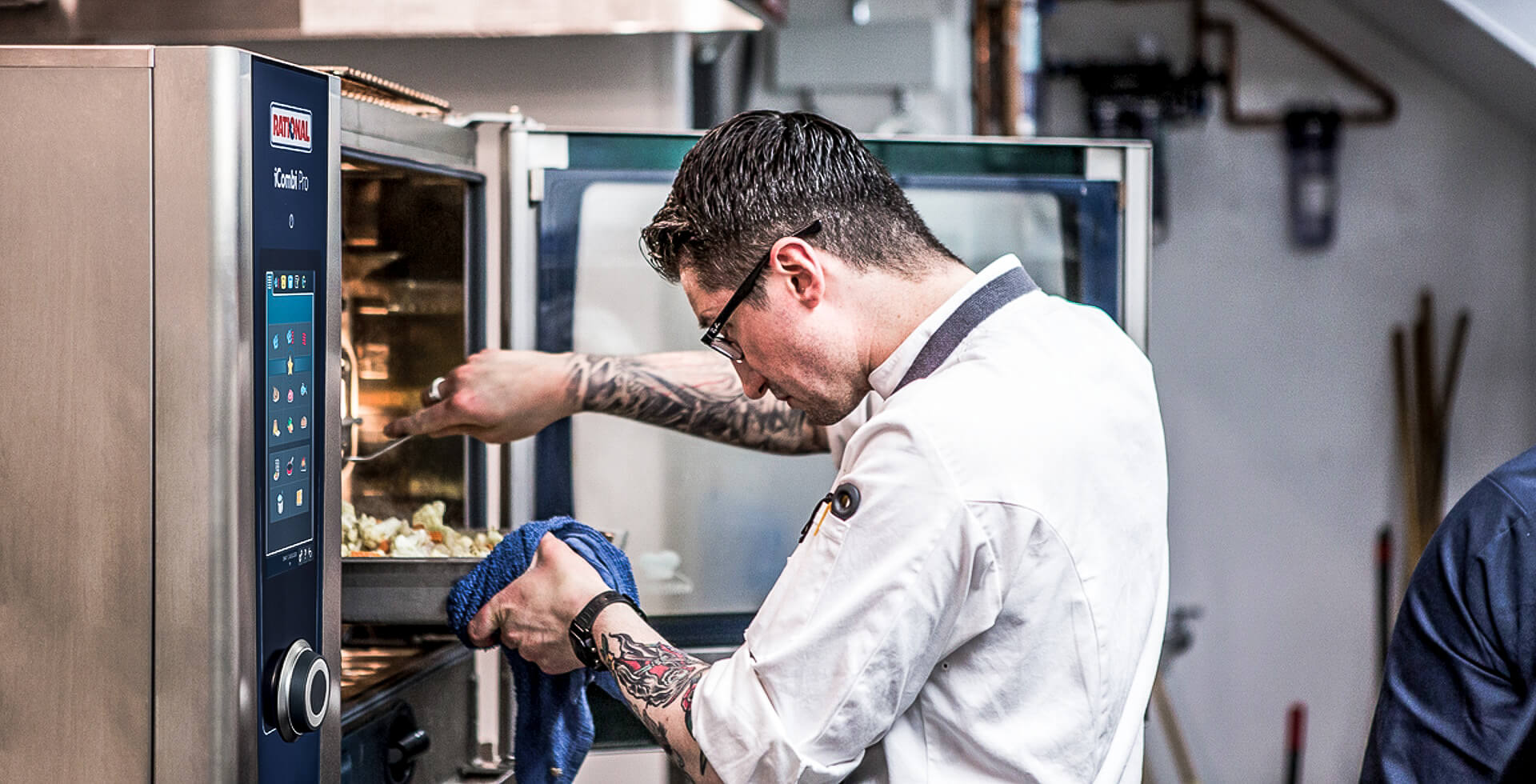


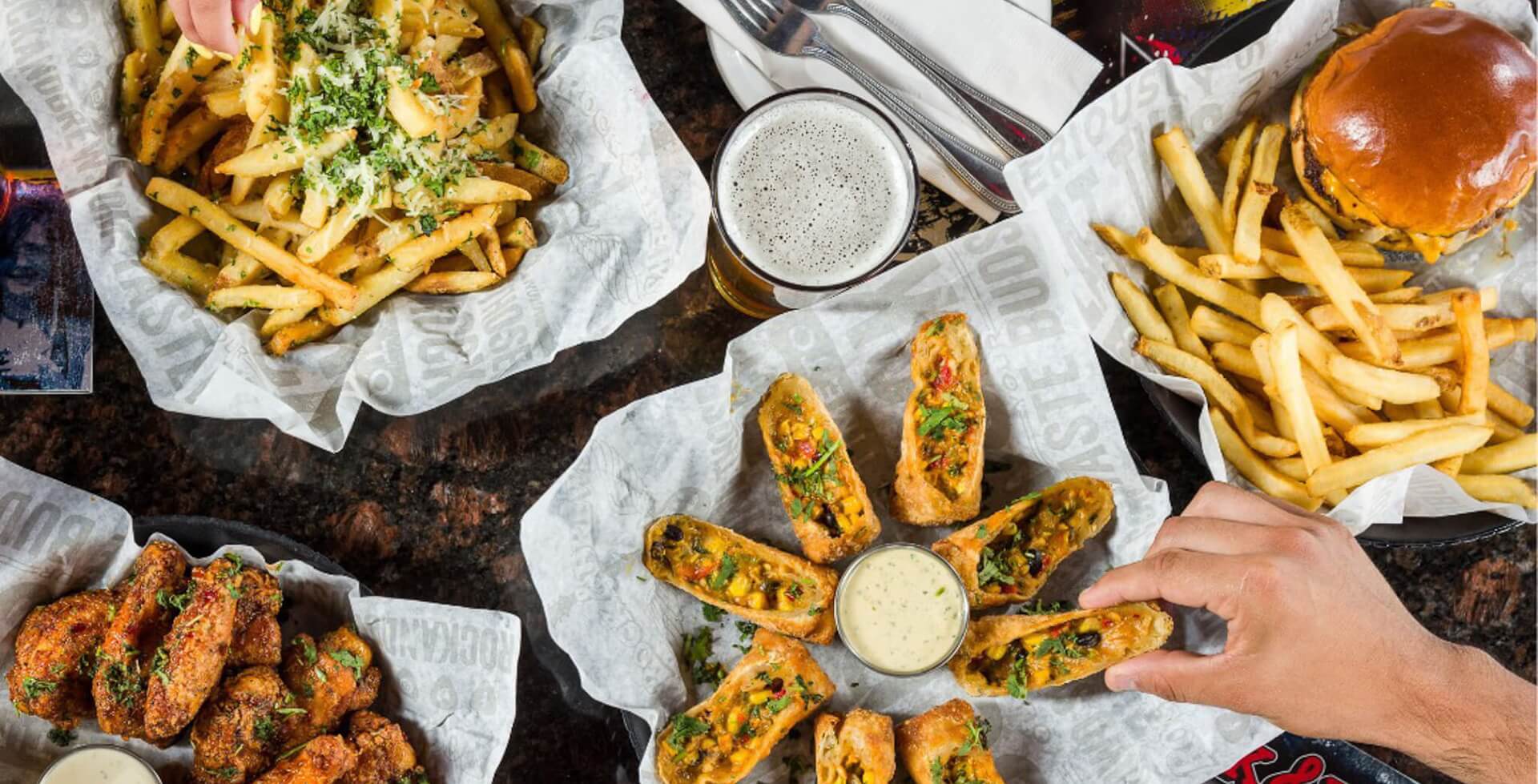

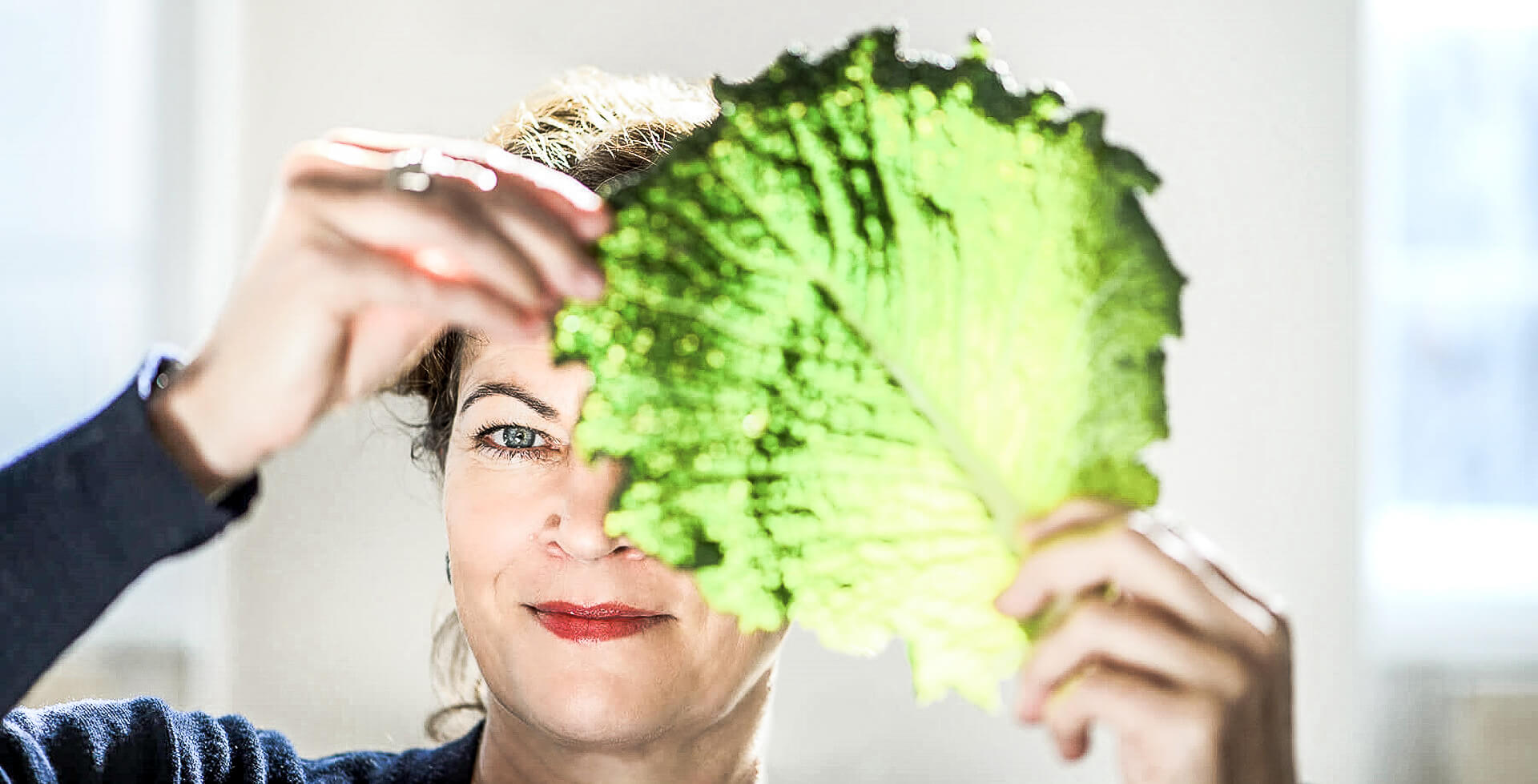
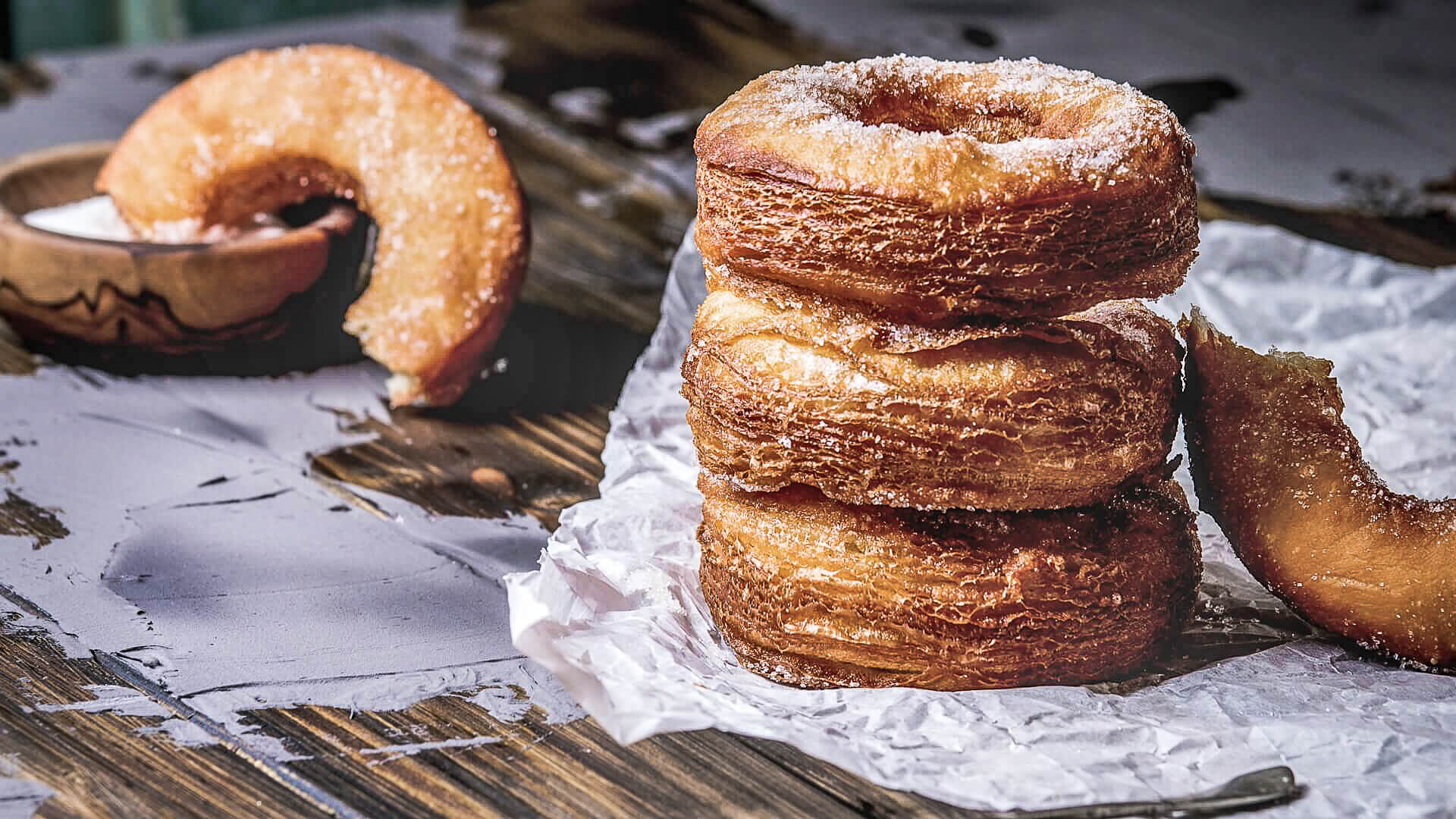
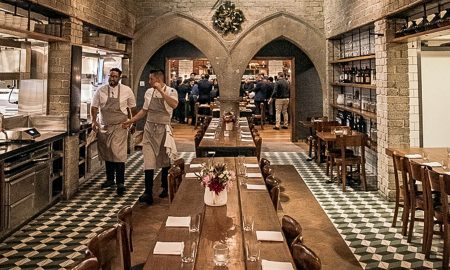



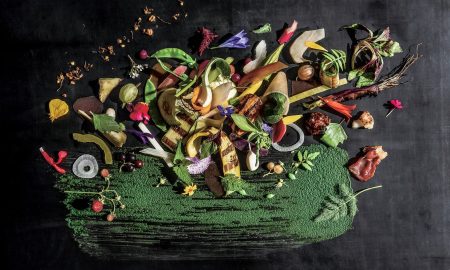

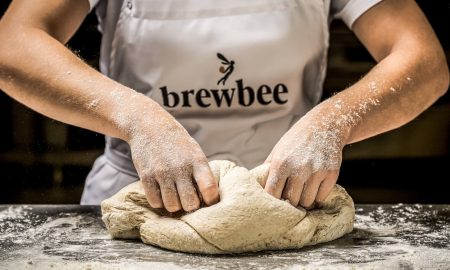
Pingback: Korean temple cuisine – a Culinary Concept with promise | KTCHNrebel